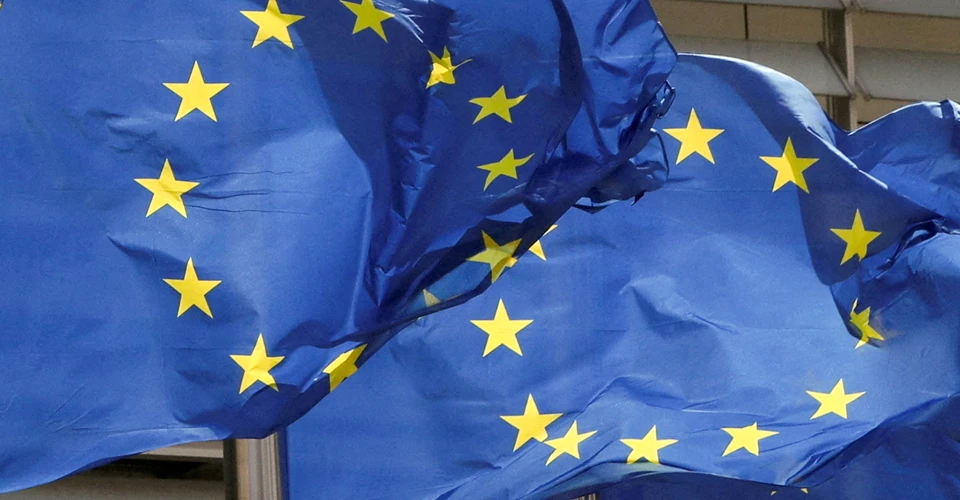
EU prepares plan against Hungary's economy in case of blocking aid to Ukraine — media
The EU has prepared a plan of action against Hungary if it does not agree to provide aid to Ukraine. The main goal is to damage Budapest's economy and lift the veto
The Financial Times reported the information, citing an internal EU document.
The EU has cautioned Hungary that if it doesn't withdraw its veto at the February 1 summit, other countries will publicly announce their refusal to offer financial aid to Hungary. This move is anticipated to diminish investor interest in Hungary, potentially resulting in a depreciation of the Hungarian forint. Consequently, this may lead to job cuts and a deceleration in economic growth.
According to the outlet, under pressure from the EU, Hungary has agreed to a compromise on aid to Ukraine.
"The European Union is concerned about the economic vulnerability of Hungary. The Hungarian economy is characterized by a high state deficit, high inflation, a weak currency, and a high level of debt servicing payments. Additionally, the Hungarian economy is heavily reliant on foreign financing, particularly from the EU," the report says.
Hungarian Minister for EU Affairs János Boca stated that the state is prepared to endorse the plan to assist Ukraine with EUR 50 billion but insists on retaining an annual veto.
The FT notes that other EU countries have rejected this proposal, fearing that Prime Minister Viktor Orban will use it to block payments each year and seek concessions. However, one diplomat told the outlet that Orban does not have the power to veto it.
Some EU members have considered invoking Article 7 of the Treaty on the European Union, which allows a member state to withhold voting rights or block funding. However, a number of countries have rejected this possibility because it requires unanimous support, and many countries do not want to impose such serious sanctions.
Boca said that if there is no compromise, Hungary would prefer the original proposal for a separate fund for Ukraine outside the EU budget.
What is known about Hungary's blocking of EU aid to Ukraine
On December 15, 2023, Viktor Orban vetoed the EU's decision on the EUR 50 billion budget assistance program for Ukraine.
On December 15, it was reported that the EU had found a way to circumvent Orban's blocking of EUR 50 billion in aid to Ukraine and set a date for an extraordinary summit.
On December 21, Orban came up with a new explanation for why he opposes Ukraine's accession to the EU. On the same day, he said he was ready to meet with Ukrainian President Volodymyr Zelenskyy.
On December 18, it became known that a special summit of the European Commission to discuss the allocation of EUR 50 billion for Ukraine for 4 years would take place on February 1, 2024.
On January 9, it was reported that Hungary might lift its veto on the EUR 50 billion EU aid package to Ukraine, provided that the funding is reviewed annually.
On January 10, despite Hungary's opposition, Brussels voted to start negotiations with the European Parliament on providing Ukraine with EUR 50 billion in macro-financial assistance for the next four years.
For his part, Orban assured that he was not against helping Ukraine in principle, but insisted that any funding for Ukraine should be separated from the EU budget and proportional to the economies of the member states.
After meeting with Viktor Orban in Budapest, Slovak Prime Minister Robert Fico said he supports his "legitimate" fight against changes to the EU budget to allocate EUR 50 billion to Ukraine.
On January 25, Bloomberg wrote that Hungary would not prevent the establishment of a EUR 5 billion EU military fund for Ukraine, which would allow it to initiate an agreement to modernize the mechanism of stable arms supplies to Kyiv.
- News













































